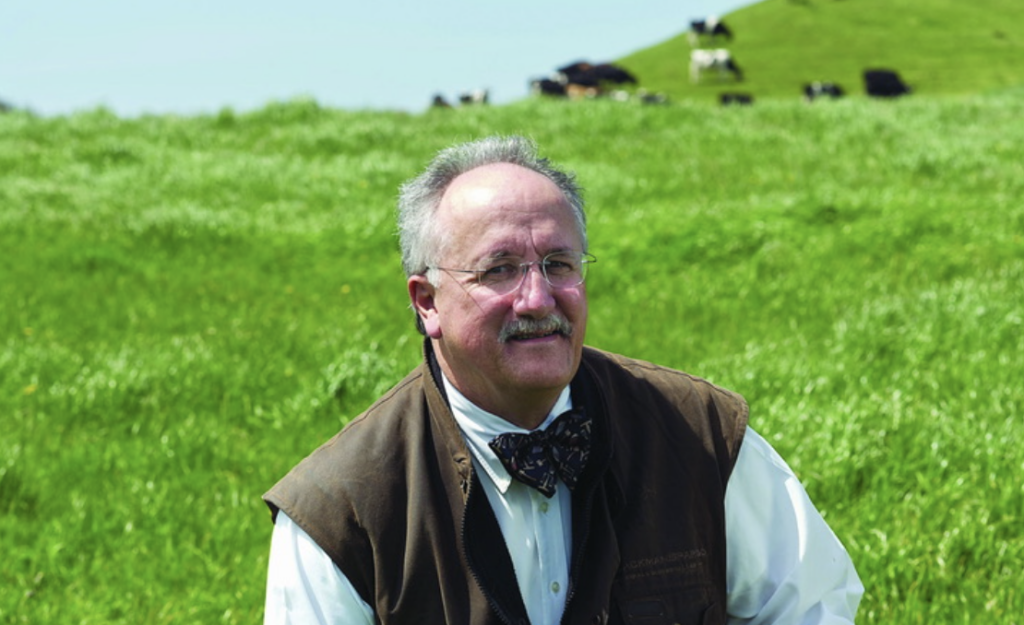Farm accountants and lawyers are being urged to drop the blind acceptance that trusts are the best vehicle for farm succession planning, and nudge clients to consider company structures as a more viable and sustainable option.
Ian Blackman, a longtime rural lawyer and author of the “How to” book on farm succession, Keeping Farming in the Family, says if nothing else, recent changes to trust taxation rates should prompt a rapid re-think of their use by farming families.
The changes to trust tax rates were initiated in this year’s Budget and have resulted in an increase in the trustee tax rate from 33% to 39% from the 2024-25 financial year.
This move was to bring trusts in line with the higher individual tax rate, and to reduce their use first and foremost as a means of avoiding paying that higher rate.
Blackman’s book has become something of a bible for farming families wanting to ensure they can keep the farm in the family and keep family still talking to one another in years to come.
He says little has changed in the eight years since he wrote the book, which is now in its second edition.
The principals of good communication between all family members, and a clear understanding of what the parents as owners wish for their farm and their wealth are key ingredients now, as then, he says.
This has to also include an acceptance by non-farming siblings that a lump-sum payment to them upon their parents’ death may not be an option if the goals are to be achieved.
“But what I have seen and still see is how lawyers cannot explain to me how they can realistically manage succession by using a family trust as a vehicle. It is fatal to any succession plan,” Blackman says.
“Boiler plate” trust vehicles are anecdotally estimated to be used in more than half of New Zealand farmland ownership arrangements.
“They only provide that on the death of the surviving parent the final beneficiaries are entitled to a share on winding up of the trust asset, usually the farm.”

But such a model provides no means for any siblings who may wish to continue farming to have bought into that enterprise, even if they are also employed within it.
“It could be you are the guy who has been putting cups on in the pit for the past 20 years; you are unlikely to be in a position to buy the rest of the family out.”
Instead, he advocates starting early with a family company farm model ahead of a trust, putting the operation’s current and potential future operations at the centre, not its dispersion upon death, a more negative, difficult obstacle to surmount.
“With a good company trading model there, you also have a means to bring in good governance around it, and benefit from a company tax rate of 28%.”
With family members able to purchase shares in the farming company, it can ease the passage to final purchase on the parents’ death if shares have been progressively bought up over time.
Such a model can also accommodate non-farming siblings who may wish to buy into the farm operation as shareholders. They could also leverage off the farm’s equity for their own business, creating a family corporate model that can extend beyond farming for its income.
“If you have the right structure the farm can be there to help everyone, including non-succeeding children.
“There is a need there for non-farming, non-succeeding family members to understand from an early stage that it’s not about the cash in the land, and to think about the opportunity and equity and ability that land provides.”
Now retired, Blackman is urging fellow lawyers and accountants to push government ministers to make it easier for trusts to be converted to company structures.
“At present it is not done easily, and you face depreciation clawback, and few accountants will recommend it.”
But he maintains that balancing the costs of doing so against the benefits of the company structure to the farm business’s future make it worthwhile.
This article first appeared in the November edition of our sister publication, Dairy Farmer.






